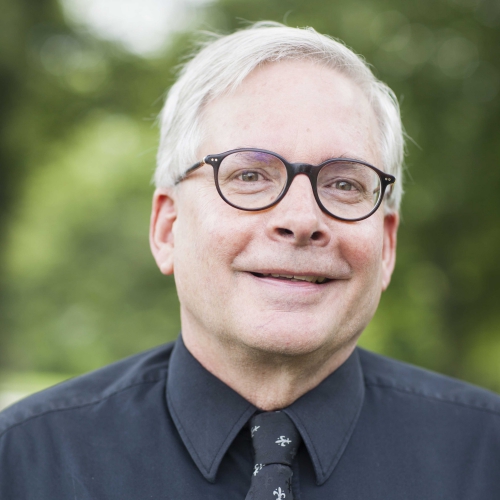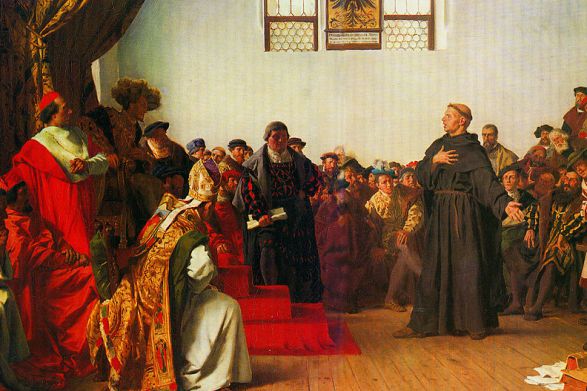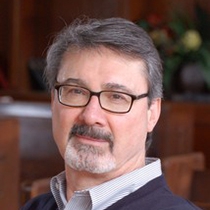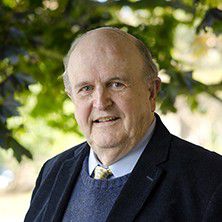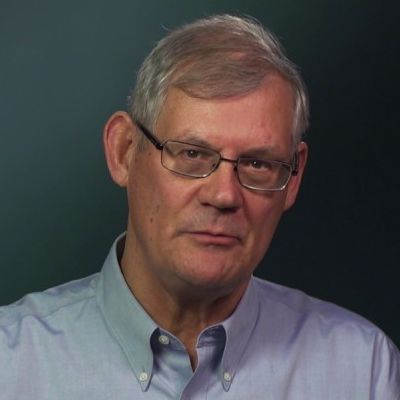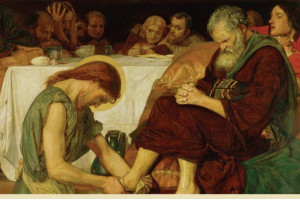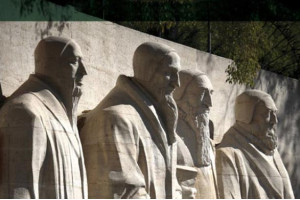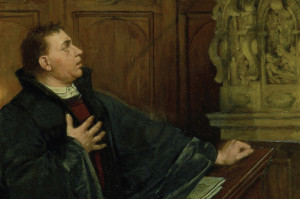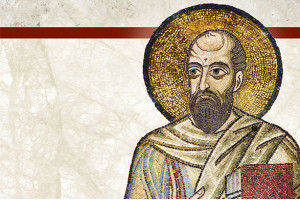The Protestant Reformation was one of the most transformative events in church history.
But why did the Reformation happen when it did? Why Luther? What happened in the decades that followed? Why were such massive changes instigated by this single event?
Most important, why does the Reformation still matter today?
With this mini-course, you’ll learn the full story of the Reformation. You’ll get the historical context—what was happening in the church, and what was happening in Europe more broadly. You’ll learn why Luther posted the 95 theses—and what happened next.
This course gives you access to nearly four hours of video from expert historians, theologians, and biblical scholars. Plus, you’ll also get access to readings and assessments through an easy-to-use online platform. When you sign up, you’ll have everything you need to dig into one of the most important events in the history of the church.
This online course is the best way to learn about the Reformation.
Here is what you will learn:
-
First, you’ll learn about the events leading up to the Reformation from John D. Woodbridge. What was happening in Europe at the time? What internal struggles in the Roman Catholic Church paved the way for Luther?
-
Second, you’ll learn about the events of Luther’s Reformation from Frank A. James. Why did he post the 95 theses? How did Luther develop the doctrine of justification by faith alone? And what cultural, socioeconomic, and political factors enabled Luther’s ideas to spread?
-
Third, you’ll learn the history of the core doctrines of the Reformation from Gregg Allison. You’ll trace these doctrines from the first century church, through the Reformation, all the way to the modern era.
-
Finally, you’ll take a deep dive into Romans 1 with Douglas Moo, and take a close look at some of the texts that became central to the theology of the Reformation.
By the end of the course, you’ll have a much fuller understanding of the Protestant Reformation.
Sign up today to begin your study.
